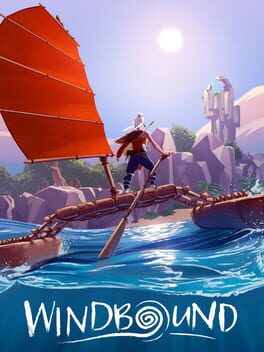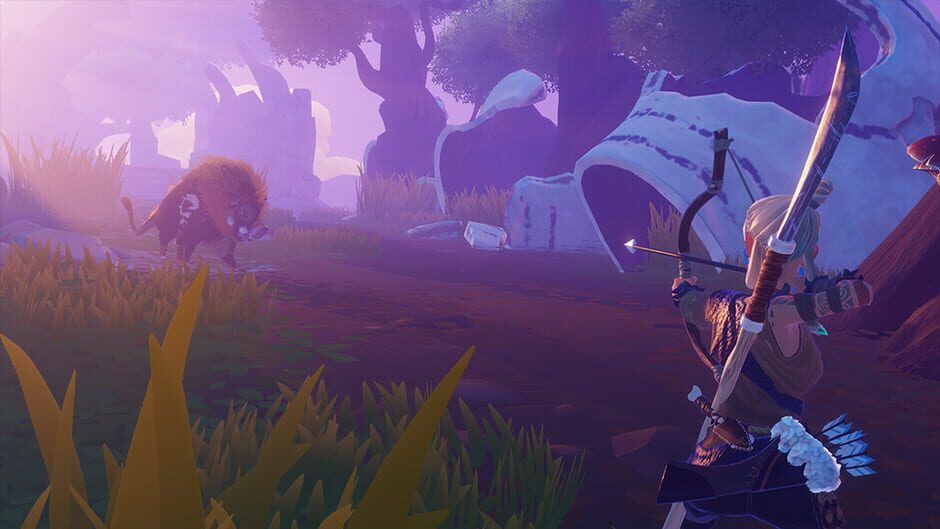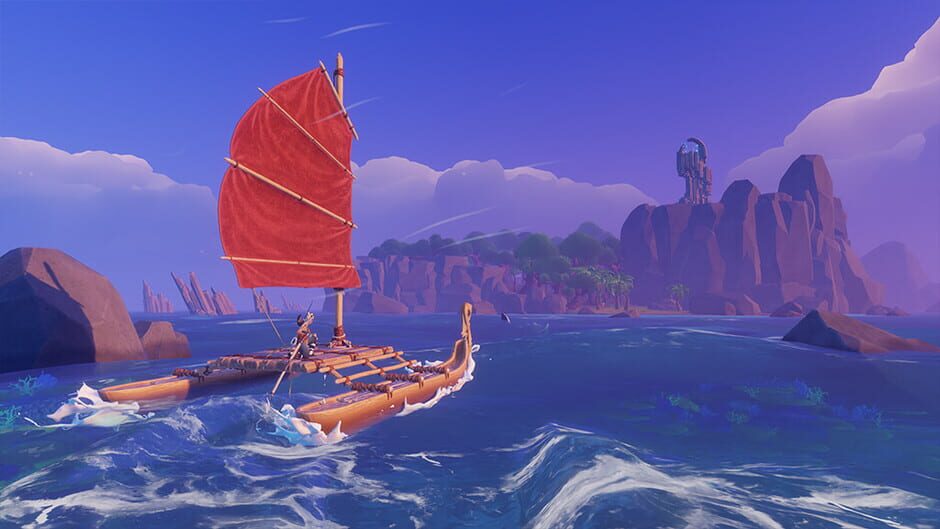Windbound is a visually stunning game that takes players on a nautical adventure through a series of procedurally generated islands. With its vibrant colors and breathtaking landscapes, it's hard not to be initially captivated by the game's art style. However, once you dive beneath the surface, Windbound falls short in several key areas.
One of the biggest disappointments in Windbound is its lack of depth in gameplay. While sailing from island to island can be enjoyable at first, the repetitive nature of the tasks quickly becomes tedious. Players are tasked with collecting resources, crafting items, and managing hunger and thirst levels, but these mechanics feel shallow and fail to provide any meaningful challenge or progression.
The survival aspect of Windbound also feels underdeveloped. While the threat of hunger and thirst is ever-present, the game fails to create a sense of urgency or consequence. There is no real penalty for failing to find food or water, and the overall survival mechanics feel like an afterthought rather than a core part of the gameplay.
Another area where Windbound falls short is its storytelling. The game hints at an intriguing narrative, but it never fully explores or develops it. The snippets of lore found throughout the islands are interesting, but they feel disconnected from the overall experience and don't add much to the player's understanding of the world.
Despite its shortcomings, Windbound does have its strengths. The sailing mechanics are well-executed, and navigating the open seas can be a serene and relaxing experience. The game's art style and music also deserve praise for creating a visually and audibly captivating world.
Overall, Windbound is a game that shows promise but ultimately fails to deliver on its potential. With more depth in gameplay, a stronger focus on survival mechanics, and a more fleshed-out narrative, it could have been a truly immersive and engaging experience. As it stands, however, Windbound falls short and leaves players longing for more.



